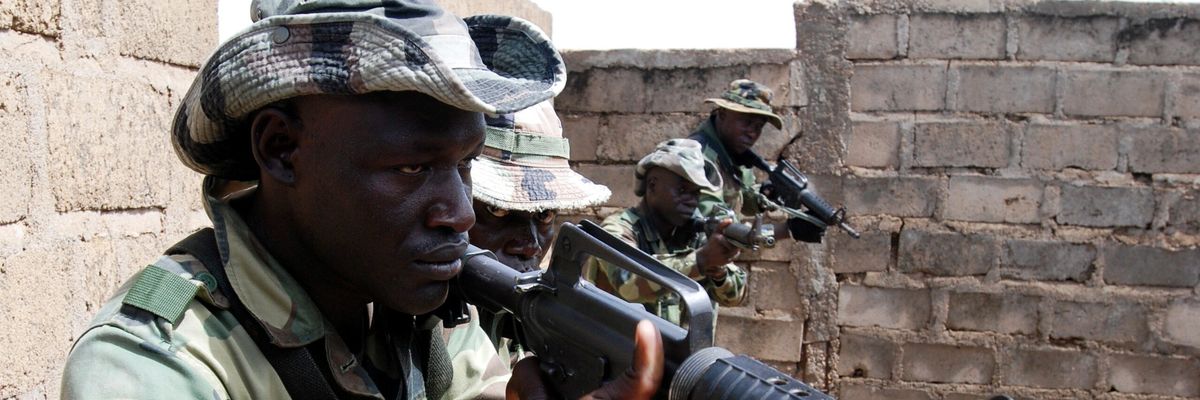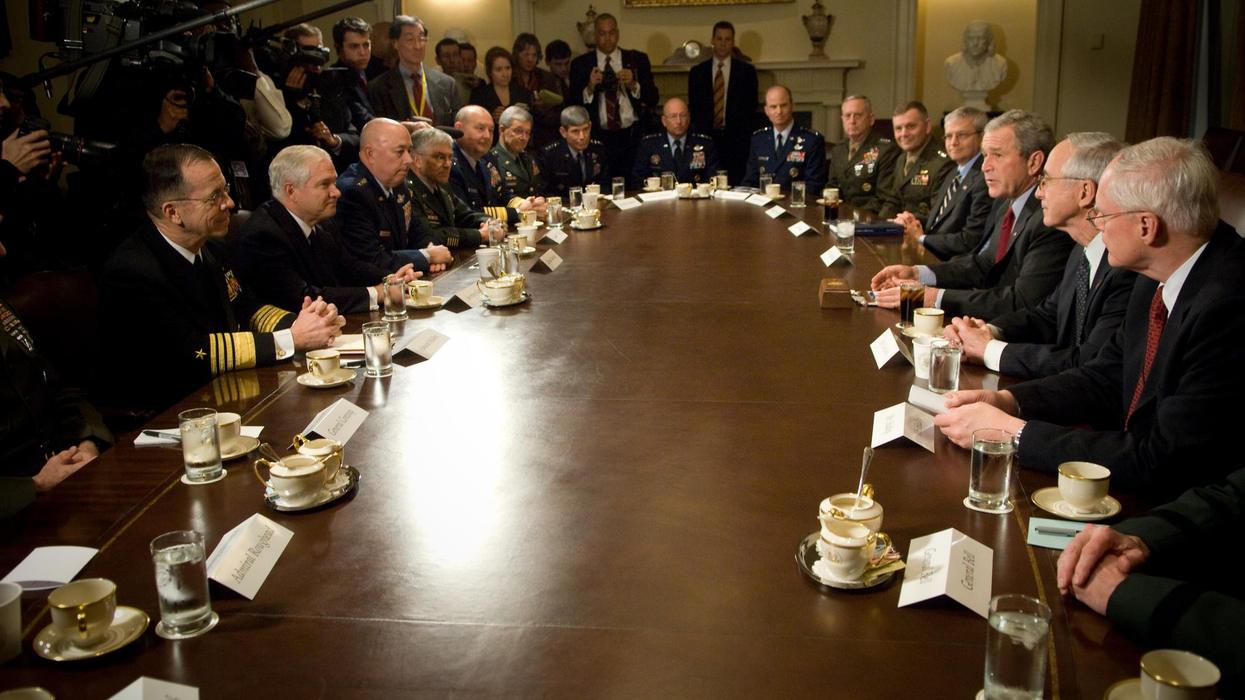Last week, President Joe Biden sent a letter to the Speaker of the House and the President Pro Tempore of the Senate, a report which the administration described as “consistent with the War Powers Resolution” and that aimed to “keep the Congress informed about deployments of United States Armed Forces equipped for combat.”
The War Powers Resolution mandates the president to inform the Congress of any U.S. armed forces involved in hostilities within forty-eight hours, and to send Congress periodic reports on the status of the situation while armed forces remain. The President sends the reports every six months, with the last one sent in June.
While many of the status updates precisely mirror the language from the last report, the document on its own can be a useful one. It confirmed the presence of U.S. forces in Afghanistan, Iraq, Syria, Yemen, Somalia, Kosovo, Lebanon, Niger, and elsewhere, with many military operations being justified as in support of United States counterterrorism efforts.
But a news story over the weekend serves as a reminder that these often routine reports do not always tell the whole story of U.S. military engagement overseas.
A Mauritanian national accused of playing a part in multiple terrorist attacks in Mali in 2015 was arraigned in federal court in Brooklyn on Saturday. The charges include his role in a November 2015 attack on Radisson Blu Hotel in Bamako, in which a U.S. citizen was killed.
The suspected terrorist, Fawaz Ould Ahmed Ould Ahemeid, has already been sentenced in Mali and the circumstances surrounding his extradition to the United States are not yet clear.
According to an Army Times report from 2019, “At the time of the incident, Pentagon officials said that U.S. military personnel did not directly participate in the operation and left the clearing of the hotel to Malian forces,” but an Army special operator was later honored with the Distinguished Service Cross for his role in an overseas contingency operation on the same date as the attack in Bamako.
As Brian Finucane, a Senior Adviser for the U.S. Program at the International Crisis Group noted on Twitter: “The involvement of US armed forces is significant from a War Powers perspective, as this incident was never reported to Congress as seemingly required by the War Powers Resolution.” A database compiled by the War Powers Resolution Reporting Project at the NYU law school’s Reiss Center on Law and Security shows that Mali has never been mentioned in any of the unclassified 48-hour reports submitted to Congress
The 2015 attack in Mali was one of eight incidents of U.S. hostilities in the last seven years — across three presidential administrations and five African countries — that the executive branch failed to report to Congress within the required forty-eight hour window, according to a recent report from the International Crisis Group.

















